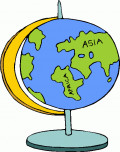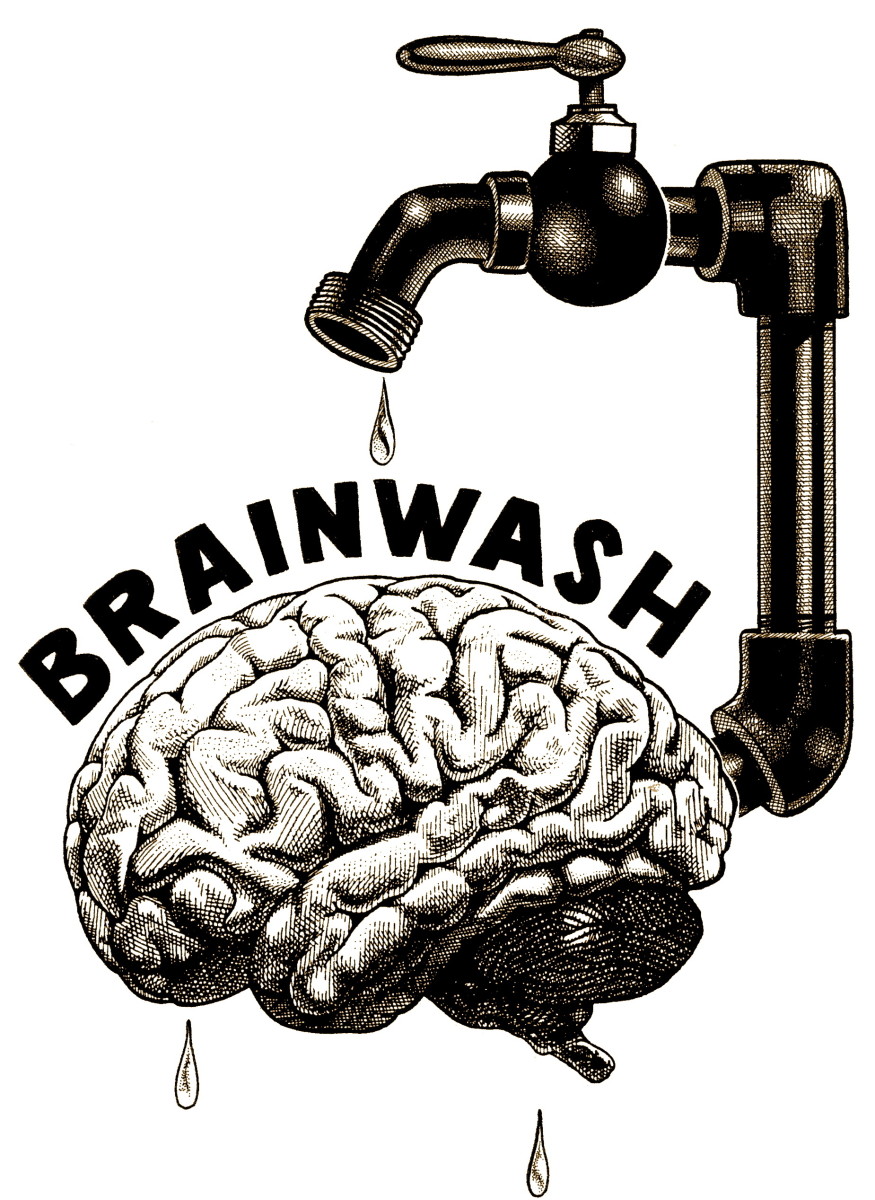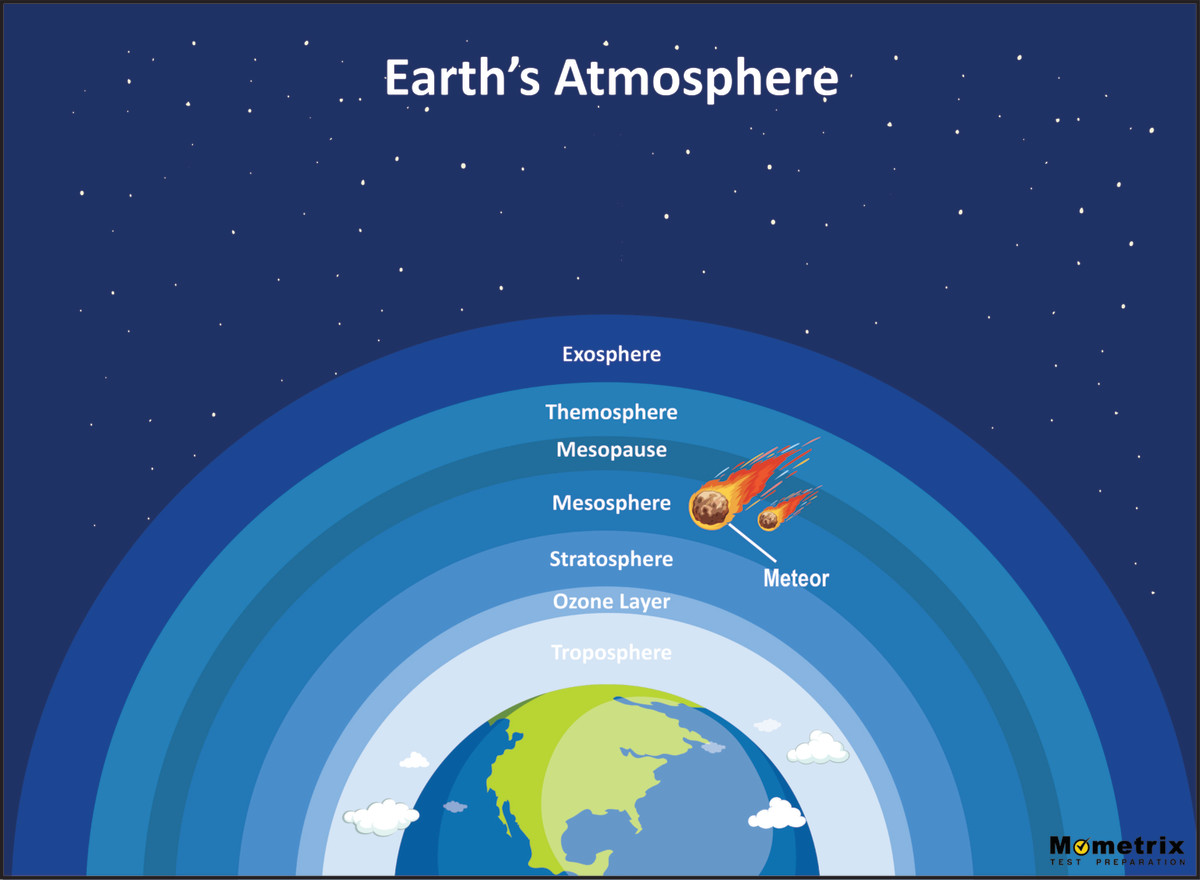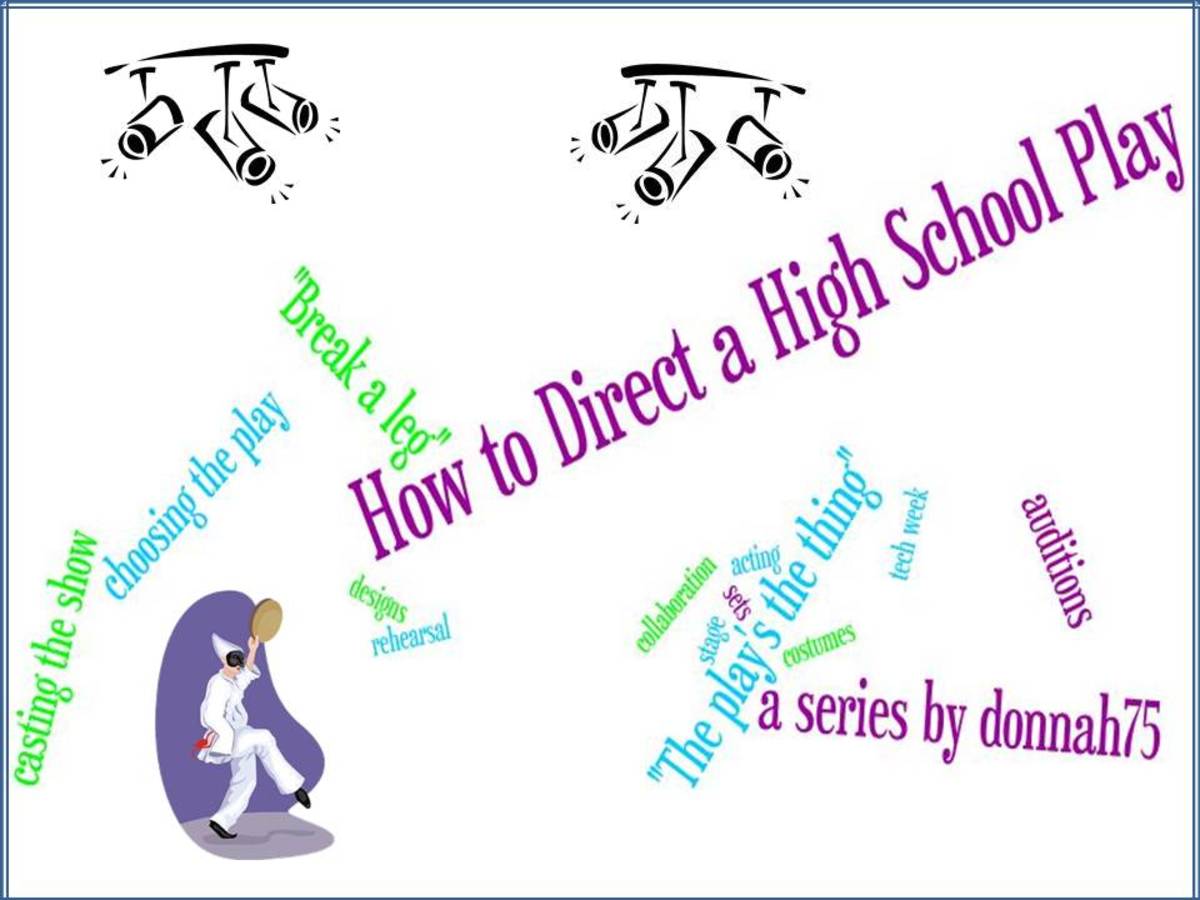6 Things I Wish I Had Learned in Public School

George Washington, Benjamin Franklin, the three branches of government. Checks and balances.
It seems that was all they ever taught us in history class. Every year, I sat there like an idiot, yawning while my teachers forced me to make finger puppets of Thomas Jefferson and recite letters written by John Adams.
Now, I can already foresee a comments-feud, so here's my disclaimer: I love the United States. I love the landscapes, the cultures, and I do believe you can find good cheese here if you know where to look. I am also fascinated to learn about the cultural and political beginnings of the US.
Still, here's what I wish I had learned in public school:

1. The World Does Not Revolve Around "America"
Well, ok, it sort of does. By that I mean that the United States is the one country that almost everyone, save for a few communities, has heard of . The majority of the most uneducated and isolated people across the world have heard about the United States, and every major newspaper follows it.
However, it is not the only nation out there, something that I had to learn on my own. There was a tendency in my school to label something as "International " or "World ", and then hand students a syllabus that only included the U.S. and the countries that directly border the US, or that directly laid the foundations for U.S. culture, such as England.
Who wrote this curriculum? The intense focus on the U.S. and "Western" nations misleads many bright and capable students to believe that there is little to learn outside of our borders.
2. "America" is not a Country
It drives me crazy when someone uses the word "America" to mean "United States". When I was a high school student, I was frustrated to find that not only did teachers fail to correct students when they made this mistake, but they often made the mistake themselves! I have heard people from other countries use this misnomer as well.
The United States of America is a country. America is a region comprised of two continents (or one, depending on where you went to school). South Americans are Americans. Canadians are Americans. Mexicans are Americans. Please, college-bound students: wrap your mind around this before you start bragging about your International Relations degree.

3. Other Countries Are Not Always Like Those "Save the Children" Commercials You See On Late Night T.V.
When I was 8, family members from Italy visited me, and came to my third grade class to talk to the students about their country. The kids asked all sorts of ridiculous questions, like, "In Italy, is there electricity?" Of course, you can't blame the children for what society never taught them. However, you can see what they had absorbed from their culture.
The trend continued into high school. Some students were surprised to learn that my Chilean household was equipped with a washer and dryer, and that my Italian family members had modern conveniences like cell phones. Of course, not all students were so ignorant. The ones who weren't had taken the initiative to educate themselves, or had been lucky enough to be born into a family that encouraged them to explore their interest in other countries. For the ones who weren't, however, the school system did little to aid them in their education.
- Common Misconceptions and Misbeliefs About the Middle East and Middle Eastern Culture
What does "Arab" really mean? Is it a language, religion, or ethnicity? This hub dispels commonly held false beliefs with facts.
4. Geography
Period. I wish we had learned about geography so that I would not have to sit through the embarassment of having my boyfriend explain to my countrymen where his home, Ecuador, is. I'm not saying you should be able to find it on a blank map, but for the love of God, at least have an idea of what continent its on.
5. Foreign Languages
Ok, I understand why my compatriots have slacked off here. Thanks to Great Britain, English is numero uno right now, and it looks like it is staying that way for a long time. Also, this great country of ours is so huge that until five or ten years ago, you could drive for days without encountering another language.
But I believe that people are finally starting to recognize that the world is changing. Learn a foreign language because it shows humility. It shows that you recognize that we are no longer defined so much by our national borders. It shows that you are aware that there is something rich and beautiful about taking a walk in another person's shoes, delving into another's mind, and understanding how others see the world.
6. Personal Finance
It still baffles me why this isn't covered more in depth! My school did not have the option to take any sort of personal finance or home economics class. The first year that I had to file taxes, my parents had to walk me through every step of the process. When I went to buy my first car, I was totally clueless. Down payment? Interest rates? It was enough to make my head explode. Managing a personal budget, savings, taxes, and retirement is something that most Americans are forced to learn "on the job", which may explain why so many Americans are in debt or not prepared for emergencies or retirement. Public schools should give our young citizens lessons in financial basics.
- Ten Reasons to Learn to Speak Spanish
Top 10 reasons to learn Spanish! (Okay--any language, for that matter!)

So, where is my rant headed?
This lack of basic instruction sets public school students back. Students from other areas of the world that are more internationally-minded may speak 3 languages by the time they are 18, and may have in-depth knowledge of history, current events, and geography of the world when they graduate from high school.
In fact, the number one complaint that I hear from foreignors who visit the United States is not that we are loud or rude, but that we are generally ignorant of the rest of the world. Many people have told me that while they find people from the U.S. to be friendly and polite, they are constantly irritated when people have never heard of the country they come from. Unfortunately, this often translates into people from the U.S. being seen as stupid. When we look back on what we learned in public school, we realize that what is seen as stupidity is actually ignorance. That's another lesson I didn't learn in school.






